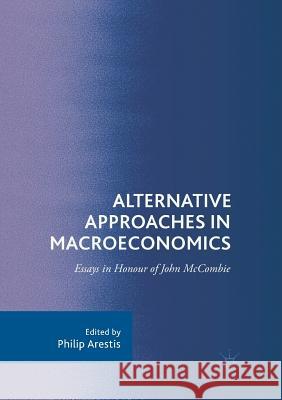Alternative Approaches in Macroeconomics: Essays in Honour of John McCombie » książka
topmenu
Alternative Approaches in Macroeconomics: Essays in Honour of John McCombie
ISBN-13: 9783319888200 / Angielski / Miękka / 2019 / 362 str.
Alternative Approaches in Macroeconomics: Essays in Honour of John McCombie
ISBN-13: 9783319888200 / Angielski / Miękka / 2019 / 362 str.
cena 443,82
(netto: 422,69 VAT: 5%)
Najniższa cena z 30 dni: 424,07
(netto: 422,69 VAT: 5%)
Najniższa cena z 30 dni: 424,07
Termin realizacji zamówienia:
ok. 22 dni roboczych
Bez gwarancji dostawy przed świętami
ok. 22 dni roboczych
Bez gwarancji dostawy przed świętami
Darmowa dostawa!
Kategorie:
Kategorie BISAC:
Wydawca:
Palgrave MacMillan
Język:
Angielski
ISBN-13:
9783319888200
Rok wydania:
2019
Wydanie:
Softcover Repri
Ilość stron:
362
Waga:
0.45 kg
Wymiary:
21.01 x 14.81 x 2.01
Oprawa:
Miękka
Wolumenów:
01
Dodatkowe informacje:
Wydanie ilustrowane











